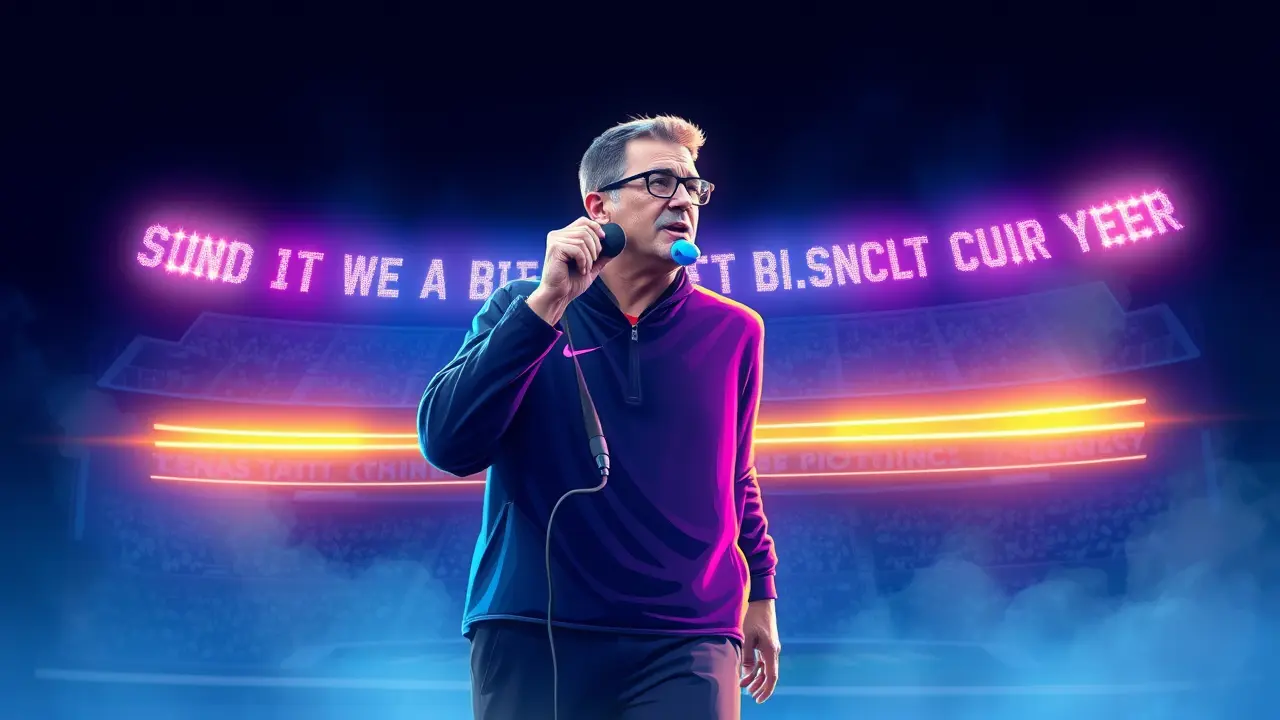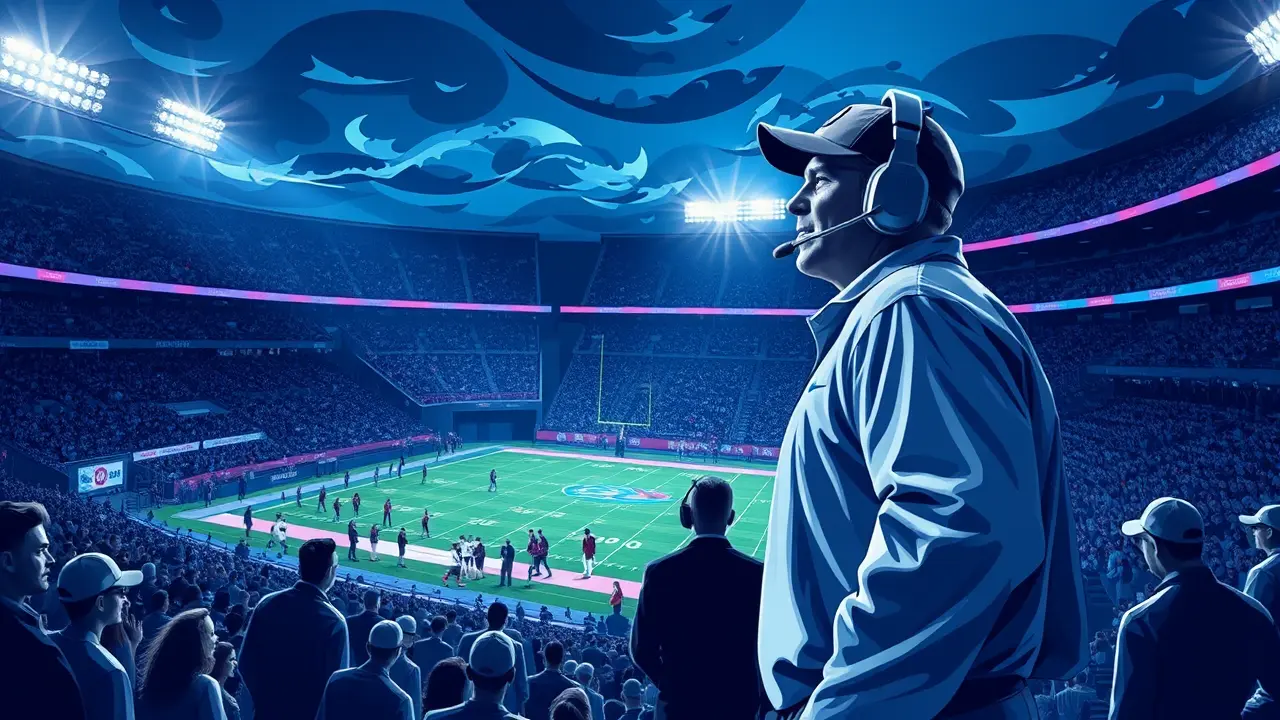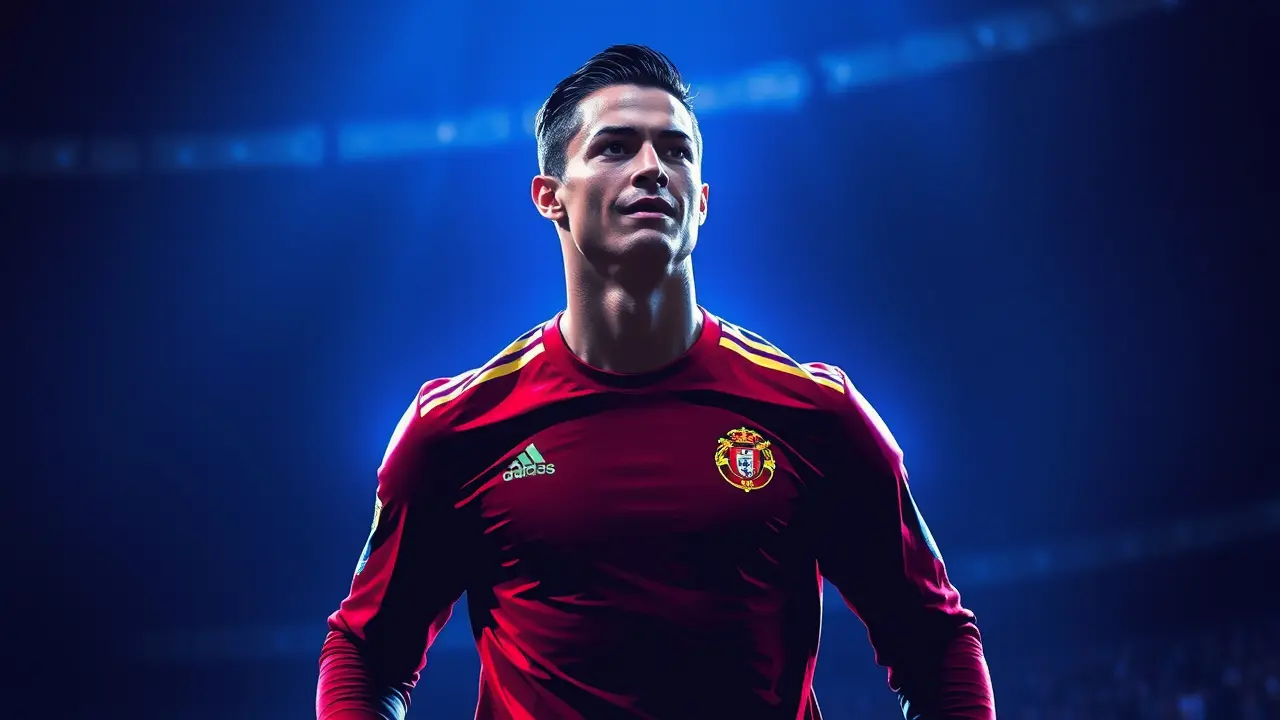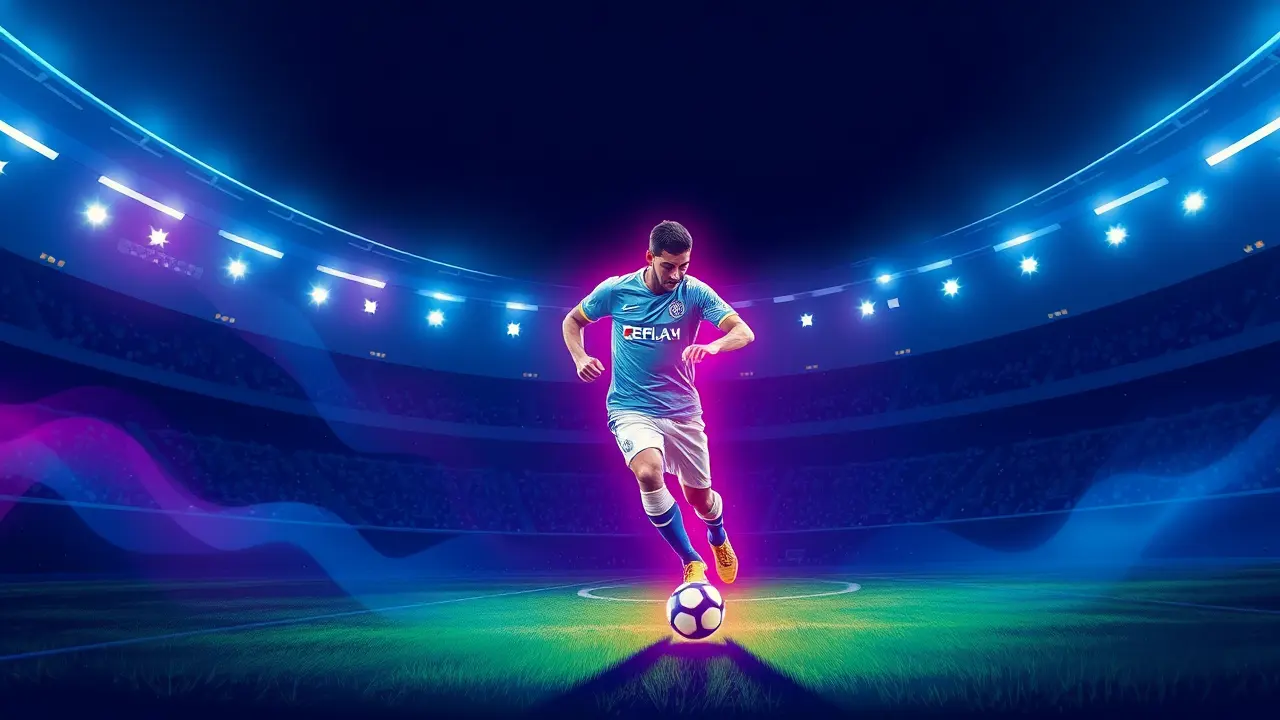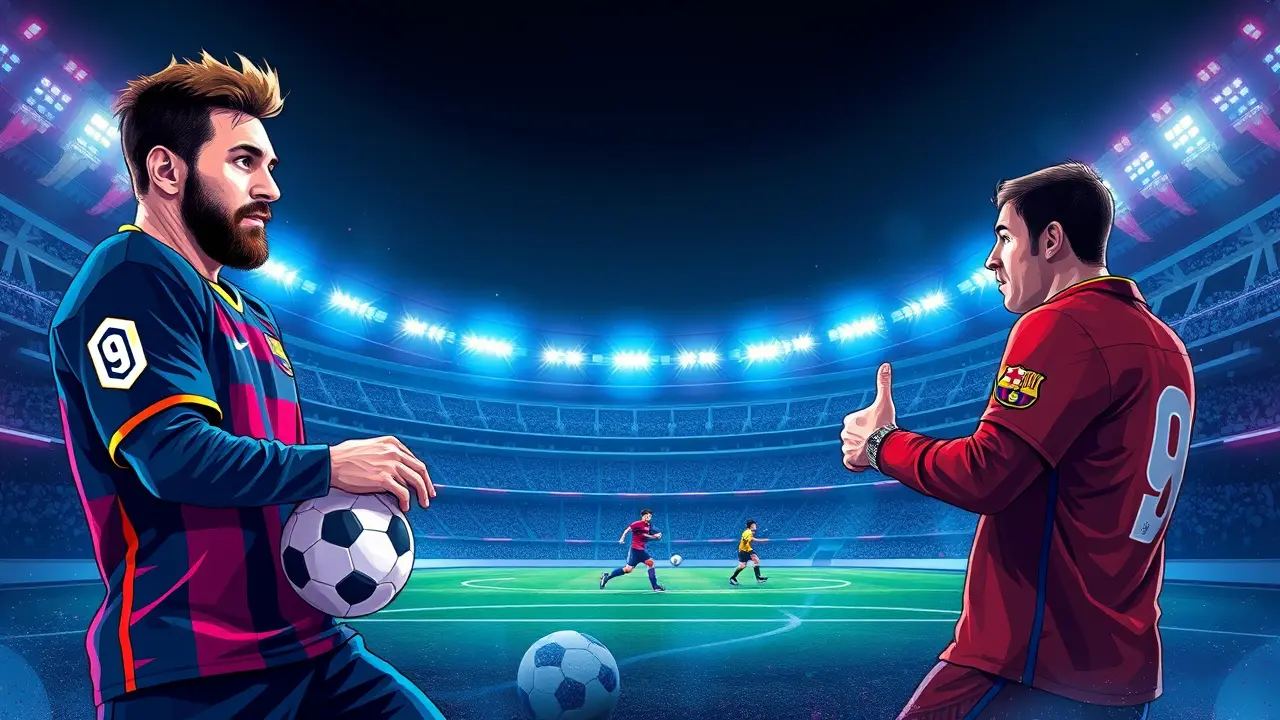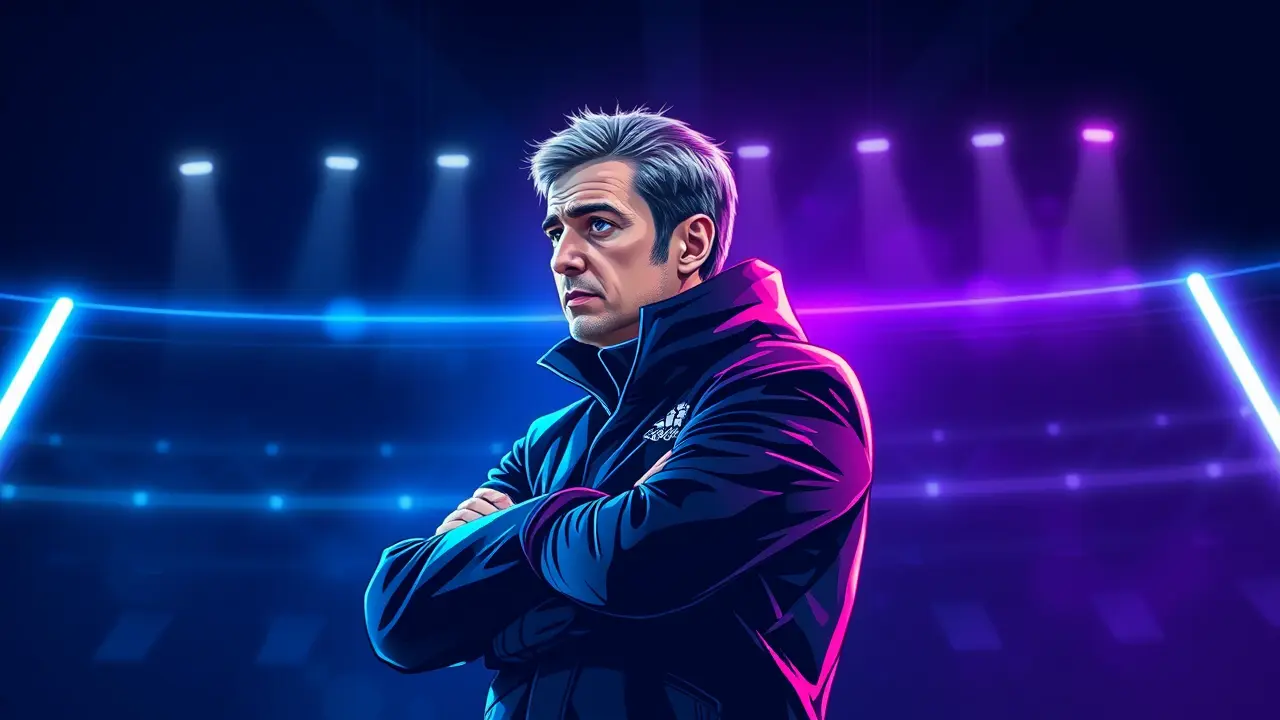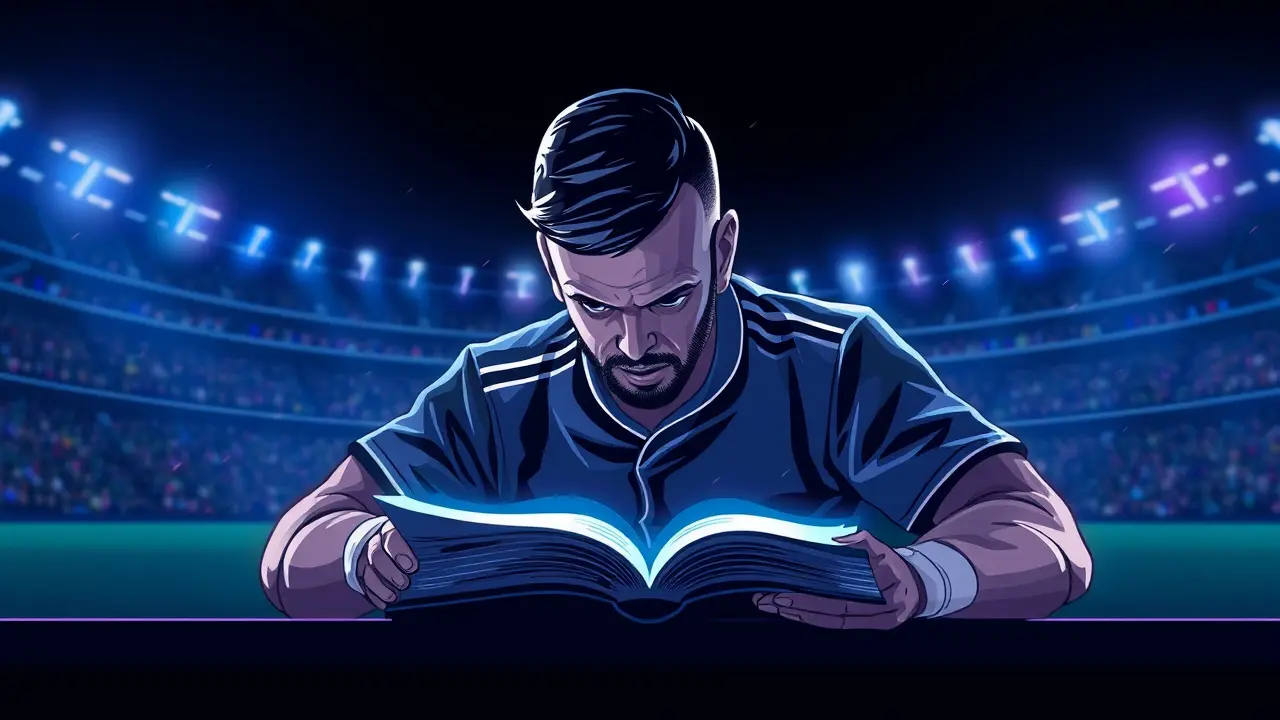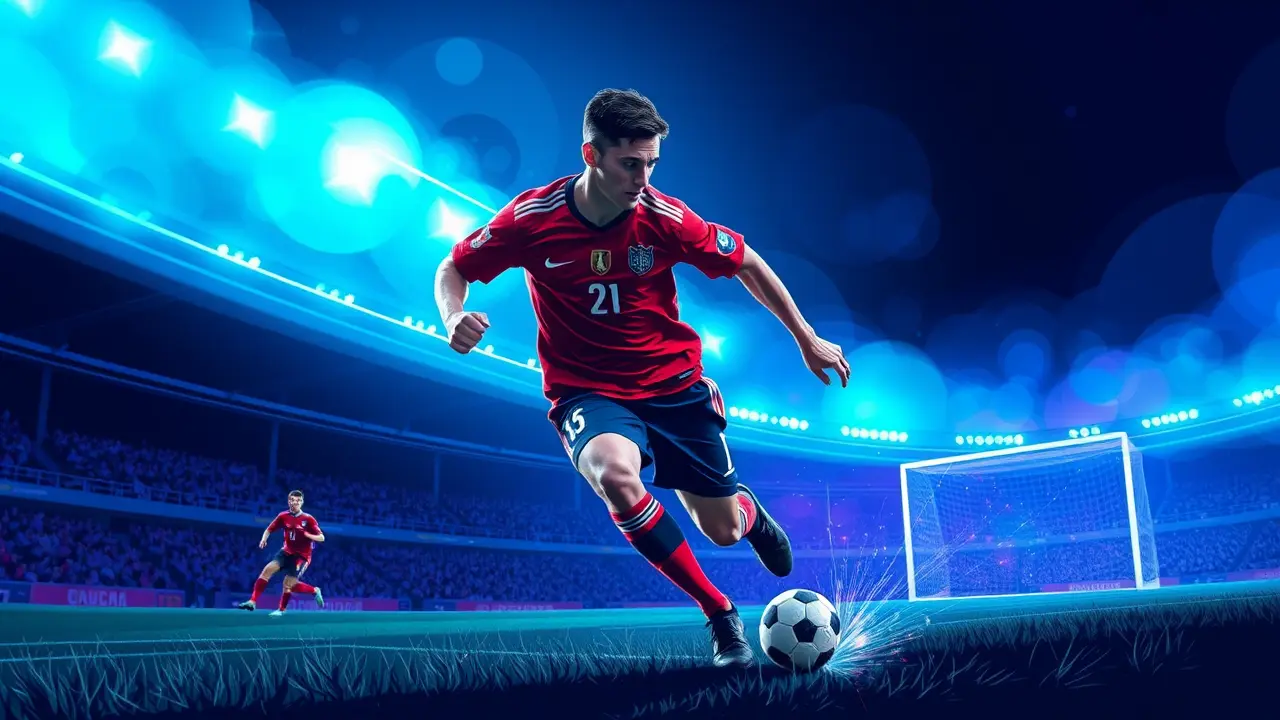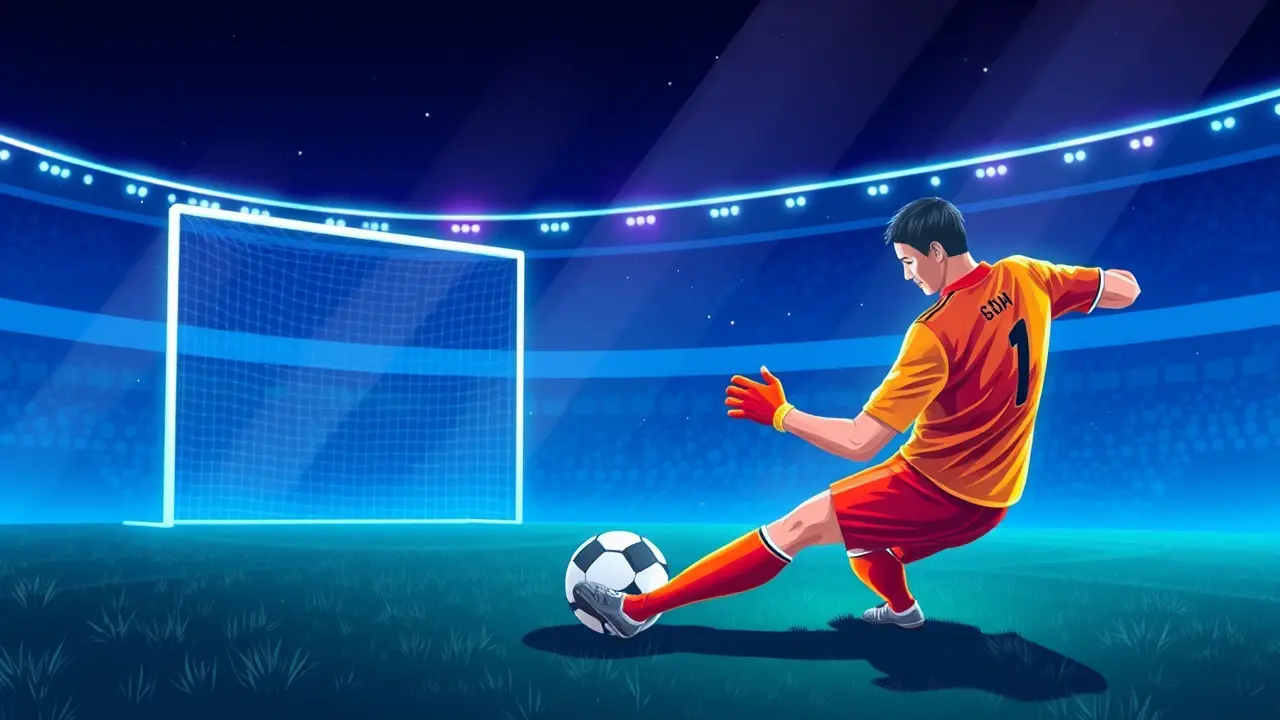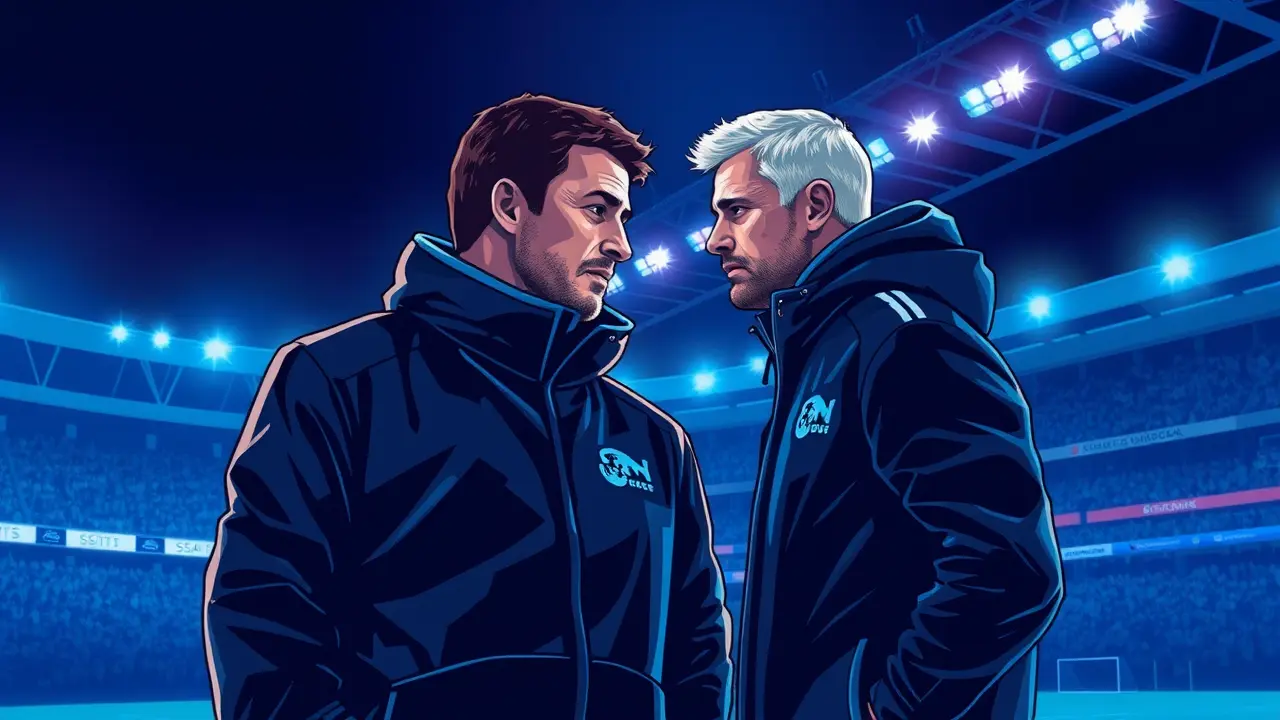
SportfootballPremier League
Coach Shpilevsky responds to Bystrov's criticism.
JA
Jack Turner
2 days ago7 min read
In the combustible world of Russian football, where every match is a referendum and every post-game comment can ignite a firestorm, FC Pari Nizhny Novgorod's head coach Alexei Shpilevsky has delivered a masterclass in dismissive retort, aiming a perfectly weighted pass over the top directly at his critic, former Zenit Saint Petersburg winger Vladimir Bystrov. The spark for this latest touchline drama was Bystrov's public call for Shpilevsky's head, a move as predictable in the Russian Premier League as a cold winter but no less impactful.Instead of engaging in a messy, public slanging match, Shpilevsky opted for a tactical foul of the verbal variety, a response that was both elegant and brutally effective. 'I don't want to comment,' he began, the verbal equivalent of a player waving away a questionable refereeing decision, before immediately doing the exact opposite with a challenge that cut to the very core of coaching credibility.'Let Volodya Bystrov first train where I trained and achieve those results—then we will compare. ' This single sentence is a rhetorical grenade, pulling the pin on the age-old debate of player versus coach and establishing a clear hierarchy of respect.It’s a sentiment that echoes from the touchlines of Sunday league pitches to the hallowed grounds of the Camp Nou, where the ghosts of Johan Cruyff’s philosophy remind us that understanding the game from the bench is a different sport entirely from executing on the pitch. Shpilevsky, whose own managerial journey has been a grinding ascent through the ranks rather than a parachute-in from a stellar playing career, effectively questioned Bystrov's right to an opinion built solely on his exploits as a footballer.It’s the coaching equivalent of Lionel Messi being told he can't comment on a defender's performance because he's never played in defense; it establishes a gate that only those with specific, hard-won credentials may pass through. The Pari NN boss then doubled down, revealing the selective frequency to which he tunes his ear.'I am generally not a supporter of listening to just anything. I listen to star coaches who have achieved something,' he declared, a statement that places him in the company of modern managerial titans like Pep Guardiola and Jurgen Klopp, who are renowned for their almost monastic focus, filtering out the incessant noise of punditry and social media to focus on the tactical gospel of proven winners.This is the footballing philosophy of quality over quantity, of seeking wisdom from the Sir Alex Fergusons and Carlo Ancelottis of the world while letting the chatter from the sidelines become mere background static. For Shpilevsky, navigating the turbulent waters at Pari NN—a club perennially fighting for its top-flight status—this stance is not just personal pride but a survival mechanism.The pressure at such clubs is immense, a constant squeeze where a few bad results can trigger a cacophony of doubt from former players turned pundits, and a coach’s ability to shield his squad from this external pressure is as crucial as his ability to set up a defensive block. Bystrov, a figure who once dazzled with his pace for Zenit and the Russian national team, now occupies a familiar role in the football ecosystem: the pundit whose criticism carries the weight of a former insider but lacks the lived experience of the modern manager's dugout.This clash is a microcosm of a global football dynamic, seen when a Gary Neville critiques a manager or a Jamie Carragher dissects a defensive error; their analysis is often sharp and informed, but it exists in a different dimension from the day-to-day reality of managing player egos, navigating transfer windows, and dealing with boardroom expectations. Shpilevsky’s retort, therefore, is more than just a personal defense; it’s a statement of principle for every coach who has ever been second-guessed by a television panel.It draws a line in the turf, asserting that the currency of managerial critique must be earned through the grind of the training ground and the pressure of the technical area, not just the memory of past glories on the pitch. The consequences of this exchange will now play out over the coming weeks.Will Shpilevsky’s squad, witnessing their manager’s public defiance, rally around him with renewed vigor, seeing a leader who won’t be bullied? Or does it add another layer of pressure, turning every dropped point into a validation of Bystrov’s original critique? In the high-stakes chess match of football management, Shpilevsky has just made a bold move, pushing his king forward and challenging his critic to a duel of credentials. It’s a gamble as old as the sport itself, and its outcome will be decided not in the press room, but on the green rectangle of the pitch, where results are the only rebuttal that truly matters.
#editorial picks news
#football
#coaching
#criticism
#response
#FC Pari Nizhny Novgorod
#Vladimir Bystrov
Stay Informed. Act Smarter.
Get weekly highlights, major headlines, and expert insights — then put your knowledge to work in our live prediction markets.
Related News
Comments
It’s quiet here...Start the conversation by leaving the first comment.
© 2025 Outpoll Service LTD. All rights reserved.
